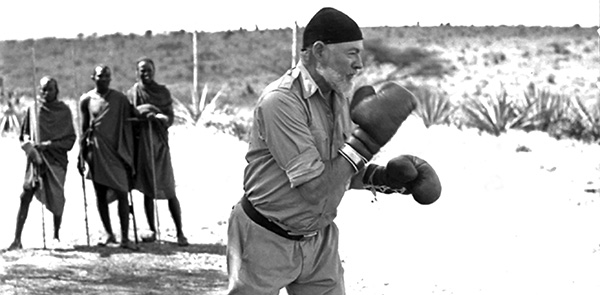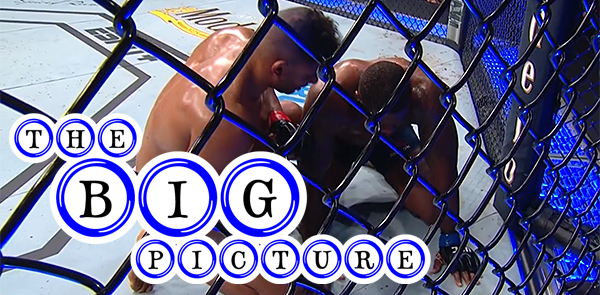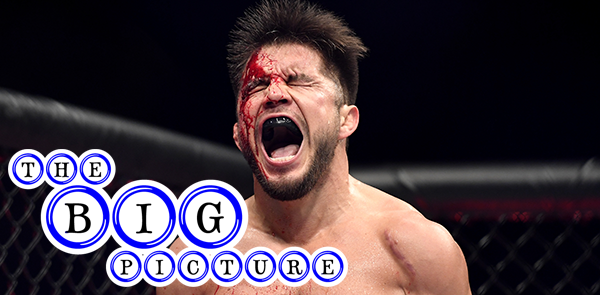Whether it’s a novel or an essay, the elements of good writing are often no different. In a 2015 TED Talk, novelist Ryan Gattis detailed what he called the five essentials of immersive storytelling, equally applicable to fiction and nonfiction: (1) hooks to grab readers’ attention, (2) the unexpected to keep their attention, (3) cause and effect to link events and push the story forward, (4) descriptions of feeling—mental, physical, emotional—to help readers connect on a human level and (5) concrete specific details to convince readers that what they are reading could actually happen.
There is no shortage of good MMA writing that employs these tenets, from opinion columns and longform features to investigative deep dives. Most of it is scattered across the Internet and some of it has been bound to physical pages, but regardless of the medium of publication, almost all of it has been nonfiction. This is a curious phenomenon. One would think a sport as dramatic as MMA would be ripe for dramatization, but the very allure of the sport—its chaotic unpredictability—can also make it difficult to shape into a narrative. The vagaries of life are not easily reconciled with the demands of dramaturgy…



